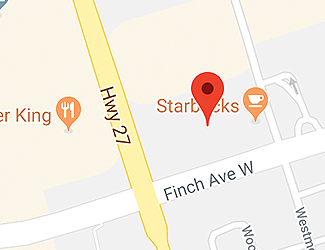What Is TMJ?

Temporomandibular Joint Disorder (TMJ) is a problem that affects the jaw, when the hinge that connects your jaws isn’t functioning the way it should. If that sounds somewhat frightening, it certainly can be for people experiencing it! It can feel as though your jaw locks up, or somehow gets stuck in place. You may even notice a popping sound each time you try to open and close your mouth. When you consider how much your jaw is used every single day, any of these feelings can be unsettling.
Even with common symptoms like headaches, locking jaws, or pain in the jaw area, many people are unaware they actually have TMJ until they are diagnosed by a dentist, because even though it’s a somewhat common disorder, there are plenty of people who have simply never heard of it.
Unfortunately, even after diagnosis by a dentist, there is no ‘set’ cure for TMJ. Since it isn’t necessarily a degenerative disorder of any kind, the best thing your dentist can prescribe as a treatment are different options to relax your muscles, including prescription medication, or specific exercises you can do to prevent spasms. Relaxation techniques may also come into play, since a major cause of TMJ can be stress, and the ‘tightening’ of your jaws when you clench them together. Occasionally, surgery may be required, but it’s typically a last resort.
TMJ is most definitely a serious dental and oral issue, and more people suffer with it than will likely ever realize. If you notice that you have any of the common symptoms listed above, and you’re under stress more often than not, it could be a great time to see your dentist, and get a proper diagnosis, so you can look into treatment options and find relief.







